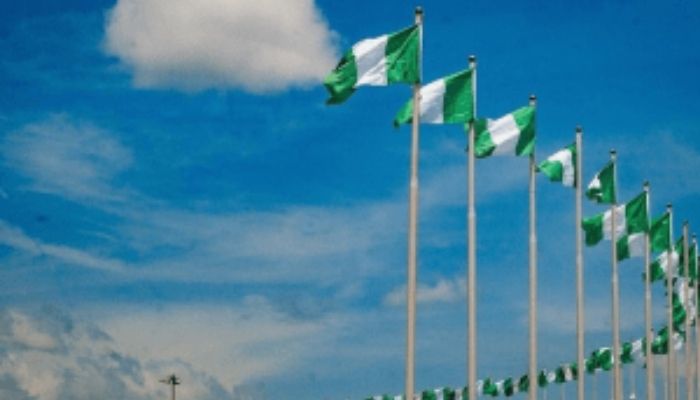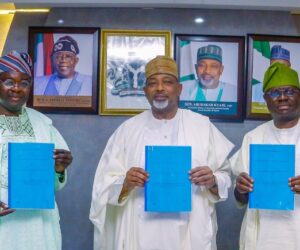According to historians, like so many modern African states, Nigeria is the creation of European imperialism
Nigeria’s independence on October 1, 1960, marked a historic moment filled with hope and promise. As one of Africa’s most populous countries with abundant natural resources, Nigeria was expected to become a beacon of unity, stability, and prosperity on the continent. However, the post-independence period has been fraught with complex challenges that have hindered these aspirations.
Nigeria’s earliest days sparkled with promise. Who would have believed that we would be stuck by now? A lush and green land, embracing the world with its generous soul. There was no strategy to protect or preserve resources from strangers. Nigeria welcomed friends with open arms, but this gesture was met with exploitation; receiving umbrellas for gold. To date, visas are exchanged for scarce resources. The political class is always scared of losing the right to migrate.
Nigeria was celebrated for the vibrant contours of her territory and the purity of her heart. In those days, tribal marks were badges of pride and unity; she was nicknamed both “Pride” and “Giant,” radiating dignity and potential. Now, she is drained, with sunken eyes and broken hips, as bandits, “Area boys,” and UGM (undefined) occupy the palaces, holding the tribes they swear to defend as hostages, terrorizing the communities.
Yet, like many who have lived long enough, this journey was neither simple nor serene. Defilement came in waves, from the West to East and to the global south; her resources are being pilfered every minute, her alliances strained, and her spirit broken. World Teachers Day has come and gone; between Nigerian teachers and Nigeria, it’s hard to tell who is more traumatised. The minimum wage and bills are like a mismatched couple who cannot continue to live together, and whose separation becomes a death sentence. Meanwhile, our collective wealth is squandered by the privileged few.
The knowledge ecosystem is continuously being undermined to perpetuate ignorance, while the aristocrats grip power as a weapon against the masses. The death of education threatens future generations’ prospects and societal advancement. Nigeria is now a desecrated shrine for strife, tribal rivalries, and a cacophony of emotional beings that often tear apart our perceived unity.
The children who should inherit grace have become neglected; her sacred ground is no longer revered but trampled upon. There is a tumult of contradiction and dashed hopes. At 65, if only Nigeria could examine herself in the mirror and see the marks of time, both the wounds and the wisdom. She would wonder how to answer her ancestors, how she would describe herself as the “Grandmatron of the holy bandits,” pampering Area Boys and the UGMs.
Despite these bitter reflections, there is neither resignation nor defeat. Even as the promise of transformation is yet to be accomplished, it is obvious that her potential is unmatched. Her glow has not dimmed a bit; neighbors and foreigners still find her endearing and captivating. Her grey hair at 65 is dignified with age. What she asks for at 65 is not miracles but managers, leaders with integrity and competence, who will address problems thoughtfully and govern with honesty, not impunity or deceit.
The spirit of resilience offers grounds for optimism that Nigeria can realize her promise as a united, prosperous, and peaceful nation.
Abdulazeez is a poet and the author of the poetry collection “Soul Rants: A Journey from Within.” She is the Communication Officer at the Caprecon Foundation, the Treasurer of PEN International, the Nigerian Centre, and she resides in Lagos. Contact: +234-8034816865 (mailt. [email protected]









